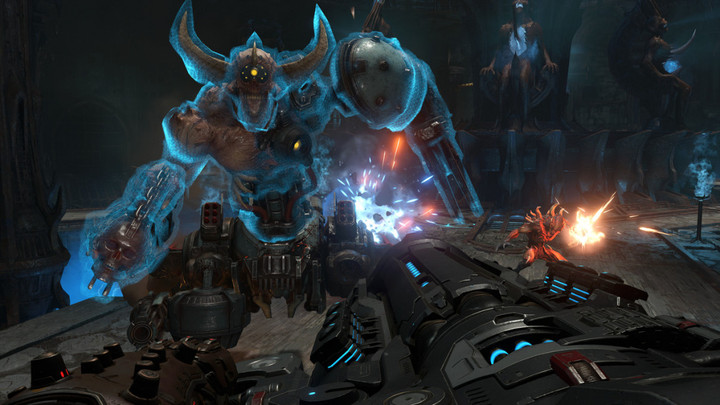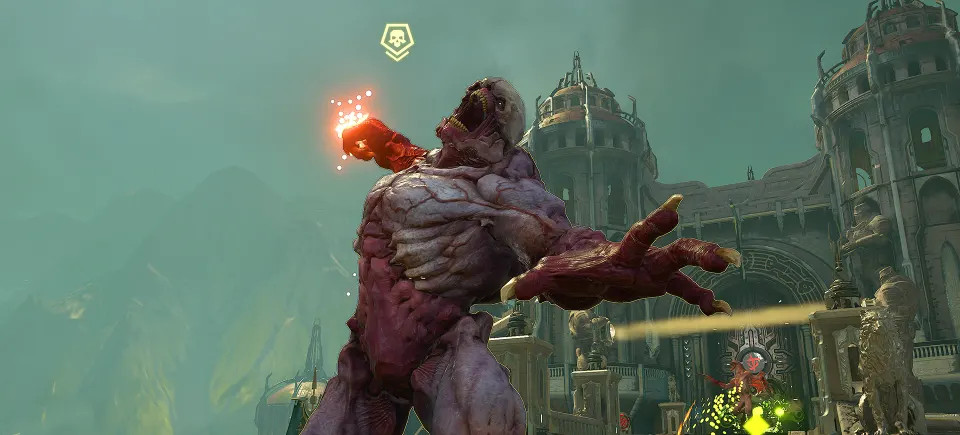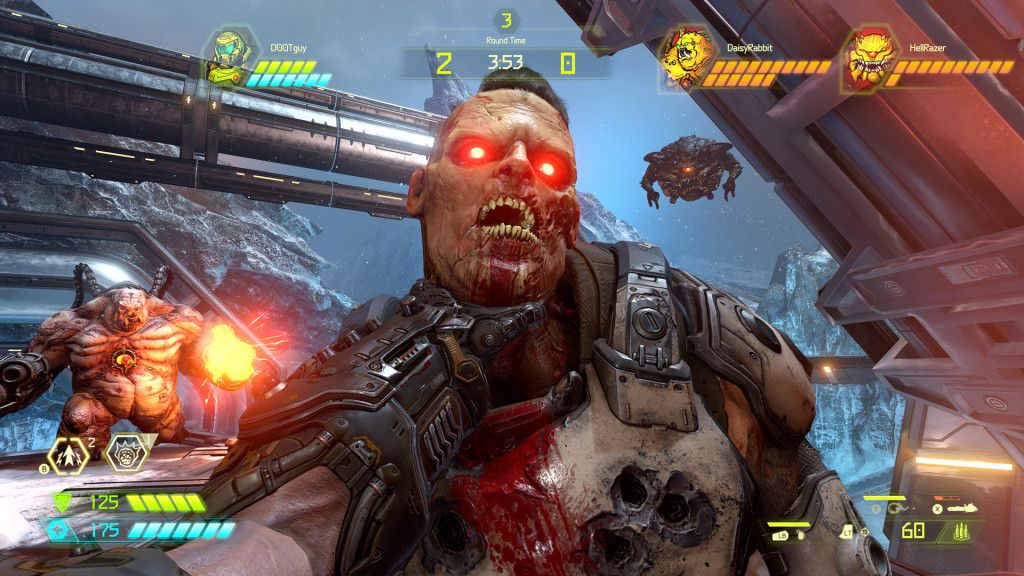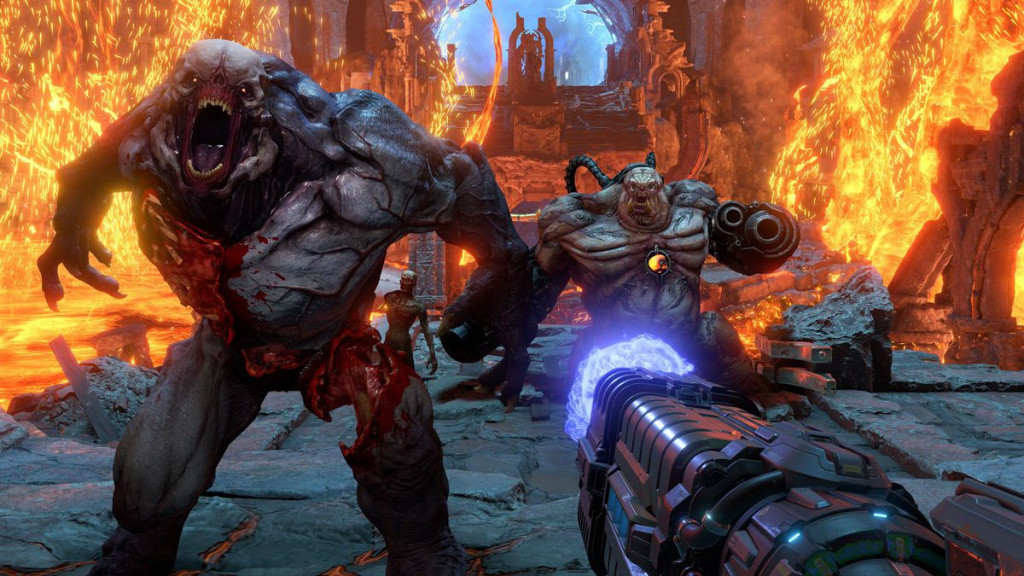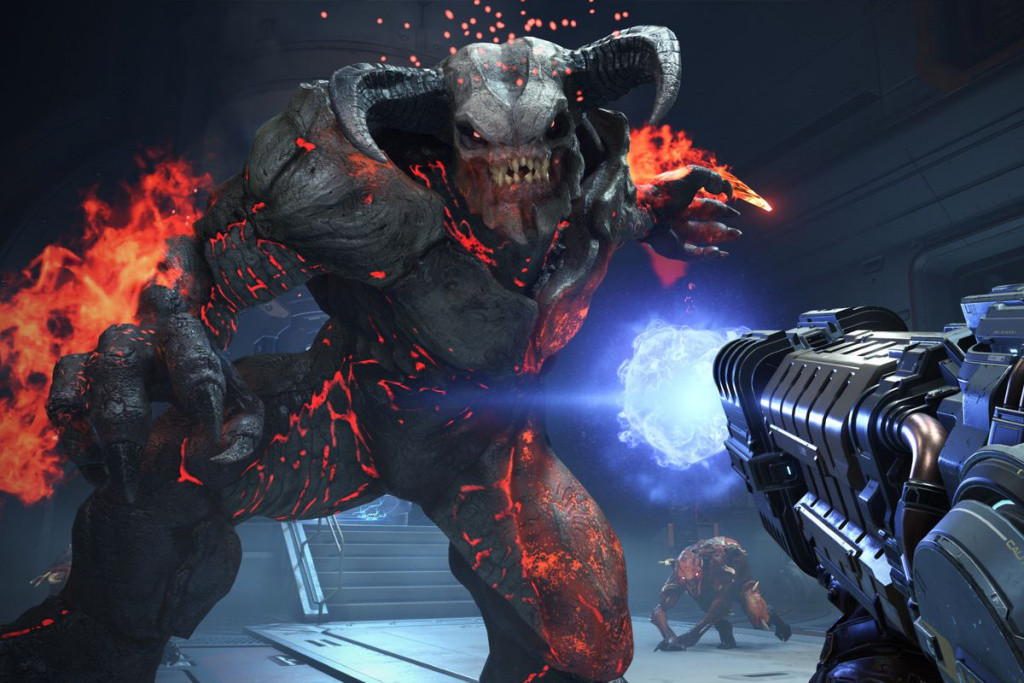You've probably heard the name Denuvo before.
Denuvo Anti-Tamper is a digital rights management (DRM) solution which became popular in the second half of the last decade amongst many publishers due to the supposedly "uncrackable" protection it offers to video games.
And although Denuvo wasn't actually impossible to crack, many games took months before warez groups were able to crack them. For publishers that was absolutely enough of a proof that it works, since most sales for big AAA titles happen within 30 days of release.
The other side of the coin to this story is that many online gaming communities generally disapprove Denuvo, not because of it preventing piracy, but because it can cause a significant decrease in performance in some cases.
Things like lower FPS and longer loading times hindered the experience, and players who did buy the game felt like they were being punished for playing the legal copy of the game.
- Read more: Riot offered hackers $100,000 to bypass Valorant anti-cheat; prepared to remove kernel driver.
Denuvo has been also criticised for its negative effects on hardware. Allegedly high CPU usage and excessive writing operations on storage components were the main points of criticism; excessive writing operations on storage components can cause significant life-span reductions for solid-state drives (SSDs).
Denuvo and their parent company Irdeto have been denying all these accusations from the start. Several independent journalists and researchers have tested Denuvo performance cost, and there's no clear conclusion and unified answer. Some claim there is no performance lost, others are seeing small loss (2-4%), while some claim it goes beyond 10%.
Denuvo Anti-Temper remains a controversial topic amongst gamers to this day, although it became significantly easier to crack. Over the last year, some games were cracked within their first week of release, including titles like Devil May Cry 5, Metro Exodus, Resident Evil 2, Far Cry New Dawn, Football Manager 2019 and Soul Calibur 6.
Denuvo Anti-Cheat
DOOM Eternal Update 1 comes with Denuvo Anti-Cheat. (Picture: Bethesda/idSoftware)
Yesterday, Denuvo entered another field, and it seems like they simply can't avoid controversial topics. After anti-piracy, they are now tackling with anti-cheating systems with their latest product, Denuvo Anti-Cheat.
And the first game that is using Denuvo Anti-Cheat is Doom Eternal.
Doom Eternal Update 1 came yesterday and with it many interesting additions and improvements, like Empowered Demons, but also a new anti-cheat system for Battlemode - Denuvo Anti-Cheat.
Denuvo Anti-Cheat was announced in March 2019, but it has been in development over the last three years. Since early 2018, Denuvo has been running an early access program where AAA publishers and studios were invited to contribute to this new system.
According to Denuvo, "countless hours and millions of gameplay sessions" were a part of the testing phase, before the official launch on 14th May.
How does Denuvo Anti-Cheat work?
Denuvo Anti-Cheat monitoring only happens when you play multiplayer modes. (Picture: Bethesda/idSoftware)
After Doom Eternal Update 1, the first time you start your game Denuvo Anti-Cheat installs a kernel-mode driver into the Program Files folder.
Denuvo Anti-Cheat operates at Kernel ring, or Ring 0, which gives the highest number of privileges. The kernel is the central part of the operating system which has complete control over everything in the system.
However, Bethesda and Denuvo state that Denuvo Anti-Cheat does not take screenshots, scan your file system, or stream shellcode from the internet.
Furthermore, use of the kernel-mode driver starts when the game launches and stops when the game stops for any reason. This means it's not as intrusive as Riot's Vanguard, which starts from the moment you boot the computer.
Although Anti-Cheat starts with the game, actual monitoring only happens during multiplayer matches, which means it will do nothing while you are playing, for example, the single-player campaign.
Developers are pointing out that they only collect information about how OS interacts with the game and send the information to Amazon-hosted servers for cheat detection.
What's the issue with Denuvo Anti-Cheat?
The kernel-level driver raises concerns amongst players. (Picture: Bethesda/idSoftware)
Many concerns have been raised on Reddit, forums and other community places over the introduction of Denuvo Anti-Cheat.
Player's aren't happy that it operates on the kernel level. Ring 0 (Kernel ring) gives full freedom to it to interfere with the system without any need to ask for permission.
In theory, this can cause various issues with the system, like unexpected errors, system failures and even some hardware issues, which happened with Riot's Vanguard.
It can also be a security risk and can open a backdoor for a potential hacker exploit, and it can collect information about your activity and activity of the OS, if security is not good enough.
Also, the fact that it was added only after everyone has already bought the game feels like the developer omitted this information on purpose.
Finally, many players like to play Doom games solely for its single-player content, and they don't like being forced to have an intrusive anti-cheat if they don't intend to play multiplayer modes.
You can technically uninstall Denuvo Anti-Cheat without uninstalling Doom Eternal, but the moment you start the game again, it will be installed again.
Is Denuvo Anti-Cheat safe?
Some players play only single-players, and they don't like anti-cheat being mandatory. (Picture: Bethesda/idSoftware)
Ultimately, it all comes down to how conformable you are with having a kernel-level anti-cheat driver on your computer and how much you trust companies behind it.
Kernel-level anti-cheat systems are nothing new, and probably two most well-known examples are Easy Anti-Cheat and BattlEye, which are being implemented in some of the most popular multiplayer games of today, like Apex Legends, Fortnite, PUBG, Rainbow Six: Siege, H1Z1, For Honor, and many others.
In theory, bad things can happen, and it can range from system malfunctioning and hardware damage to things like privacy breach, with someone selling all your private data or following everything you do on a computer.
In practice, chances for that are minimal or at a very least the same as if you play all those other multiplayer games or even just using social networks.
If you plan to play Battlemode, you should generally be OK with this kind of anti-cheat, as it operates on the same level as other popular systems installed on hundreds of millions of other computers.
On the other hand, if you enjoy only single-player content, you have more reasons to look upon this with disapproval, and we think that Bethesda should allow players to have "singleplayer only" version of the game, which locks multiplayer modes and uninstall Denuvo Anti-Cheat.
What are your thoughts on Anti-Cheat systems that use kernel-level drivers? Share with us your opinion!

 No ads, our video library,
No ads, our video library,
